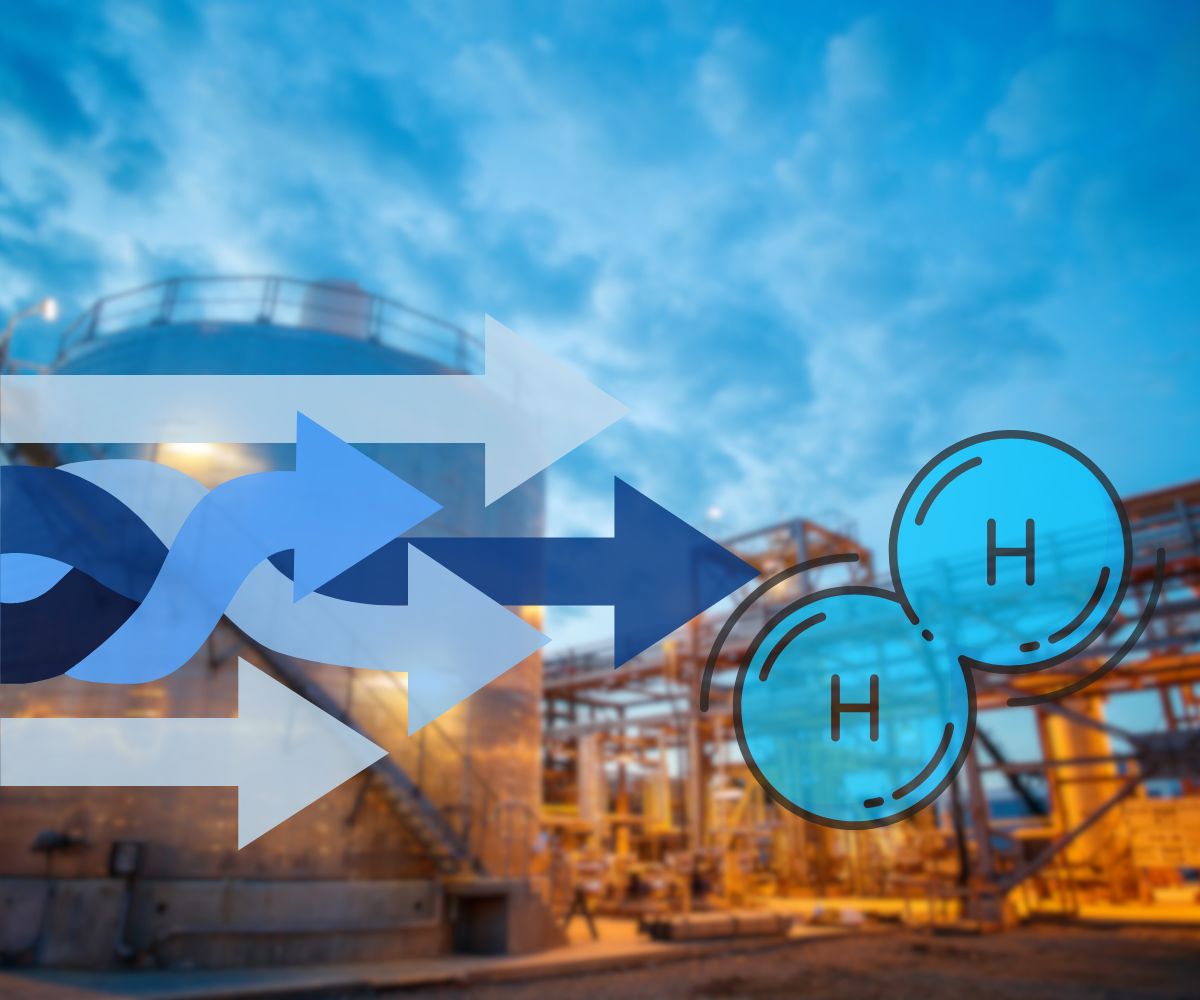
Add Neste to The Growing List of Hydrogen Project Cancellations
October 24, 2024Neste Withdraws from Renewable Hydrogen Project at Porvoo Refinery
Neste, a prominent player in the oil refining sector, initiated a project in May 2023 aimed at advancing renewable hydrogen production at its Porvoo refinery in Finland. The project involved the installation of a 120 MW electrolyzer intended to produce renewable hydrogen to meet regulatory requirements and bolster Neste’s sustainability efforts. The completion of the basic engineering phase marked a significant milestone before the company decided to reassess its investment strategy.
Reasons for Withdrawal
The decision to pull back from the investment was primarily driven by challenging market conditions and the company’s current financial performance. Neste, like many in the energy sector, faces a tight economic landscape that necessitates careful evaluation of new projects. The Finnish national distribution obligation imposes stringent limitations on the use of renewable hydrogen in refinery processes, which hinder the full economic realization of an electrolyzer of this scale.
Markku Korvenranta, Executive Vice President for the Oil Products business unit at Neste, explained, “While we are discontinuing the initial renewable hydrogen project, we are actively evaluating alternative pathways for securing renewable hydrogen in Porvoo.”
Market Challenges and Financial Considerations
Neste’s strategic withdrawal underscores the broader economic and regulatory challenges impacting large-scale renewable hydrogen projects. Market volatility, coupled with the need for substantial capital investments, has created a cautious environment for companies contemplating such ventures. For Neste, aligning investments with both financial prudence and regulatory compliance is critical.
The project’s economic feasibility was further complicated by regulation-induced limitations on hydrogen utilization, affecting the refinery’s ability to integrate and capitalize on the renewable hydrogen produced. This regulatory framework necessitates a strategic pause as Neste recalibrates its approach to integrating renewable solutions into its operations.
Future Plans and Commitment to Renewable Hydrogen
Despite the project’s discontinuation, Neste remains committed to its sustainability goals and the pursuit of renewable hydrogen solutions. The company is actively exploring alternative methods to incorporate renewable hydrogen at the Porvoo refinery. This includes collaborating with partners to develop hydrogen ecosystems that align with Finnish and broader European renewable fuel objectives.
Korvenranta emphasized Neste’s ongoing ambitions, stating, “Our ambition remains to utilize renewable hydrogen at the Porvoo refinery, contributing also to fulfillment of the Finnish renewable fuels of non-biological origin (RFNBO) distribution obligation.”
Neste’s future strategy involves a comprehensive evaluation of potential pathways to secure renewable hydrogen supply. By leveraging partnerships and technological advancements, Neste aims to overcome current regulatory and economic barriers. The company is focused on integrating sustainable practices in alignment with both national and EU-wide energy policies, ensuring its operations contribute positively to the energy transition.
Growing Pains for Hydrogen Projects Worldwide
Hy Stor’s Electrolyzer Deal Cancellation
Hy Stor Energy, located in the United States, recently cancelled a significant deal for gigawatt-scale electrolyzer capacity intended for renewable hydrogen production. This decision was influenced by a series of market headwinds, including delays in launching a green hydrogen hub in Mississippi. The project’s feasibility came into question due to a mismatch between supply and demand in the hydrogen market, compounded by the largest wave of global inflation in decades. These factors have made it difficult for Hy Stor to commit to upcoming capacity reservation payments, leading to the project’s suspension.
Repsol’s Halt on Spanish Green Hydrogen Initiatives
In Spain, Repsol, a major oil company, has decided to freeze several of its green hydrogen projects. This decision affects investments totaling over €200 million across multiple sites, including Cartagena, Tarragona, and the Basque country. The primary challenge for Repsol is an unfavorable regulatory environment, particularly the potential permanence of a windfall tax on energy companies, which creates uncertainty for long-term investments.
Repsol’s spokesperson highlighted the difficulty in navigating these regulatory waters while trying to meet Spain’s ambitious green hydrogen targets of 12 gigawatts by 2030. As a result, the company has shifted focus to developing its next electrolyzer project in Portugal, where conditions are more favorable.
Inner Mongolia’s Withdrawal of Hydrogen Project Permissions
In China, the Energy Bureau of Inner Mongolia withdrew permissions for six large-scale green hydrogen projects with a combined capacity of 2.16 GW. These projects, although initially approved, failed to meet the required construction timelines, leading to their cancellation. The inability of developers to initiate construction within the specified period suggests challenges in project execution, possibly due to financial or logistical hurdles. This move reflects broader difficulties in the hydrogen sector, where ambitious projects often encounter delays or cancellations when faced with stringent regulatory and market conditions.
Reflection on the Hydrogen Sector’s Broader Trends
These cancellations and delays in H2 projects across the globe highlight the intricate challenges faced by the sector. Economic pressures, such as fluctuating market conditions and inflation, significantly impact the feasibility of large-scale hydrogen projects. Regulatory environments, often unpredictable, add another layer of complexity, making it difficult for companies to secure investments and commit to long-term projects. Furthermore, technological challenges, such as the need for substantial infrastructure and energy resources, continue to pose barriers to the successful deployment of hydrogen.
As the hydrogen industry deals with these multifaceted challenges, companies like Neste, Hy Stor, Repsol, and others appear to remain focused on finding viable pathways to integrate hydrogen into their operations.



 With over 15 years of reporting hydrogen news, we are your premier source for the latest updates and insights in hydrogen and renewable energy.
With over 15 years of reporting hydrogen news, we are your premier source for the latest updates and insights in hydrogen and renewable energy.